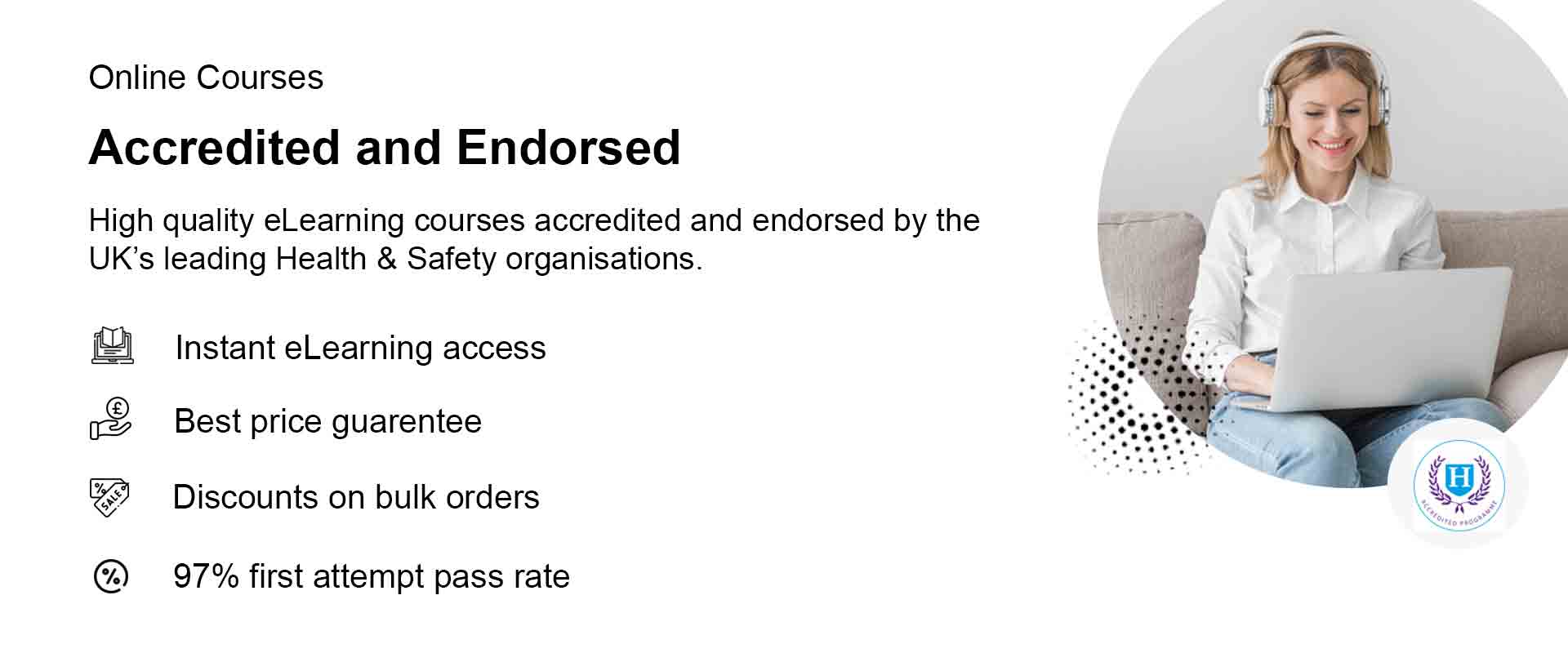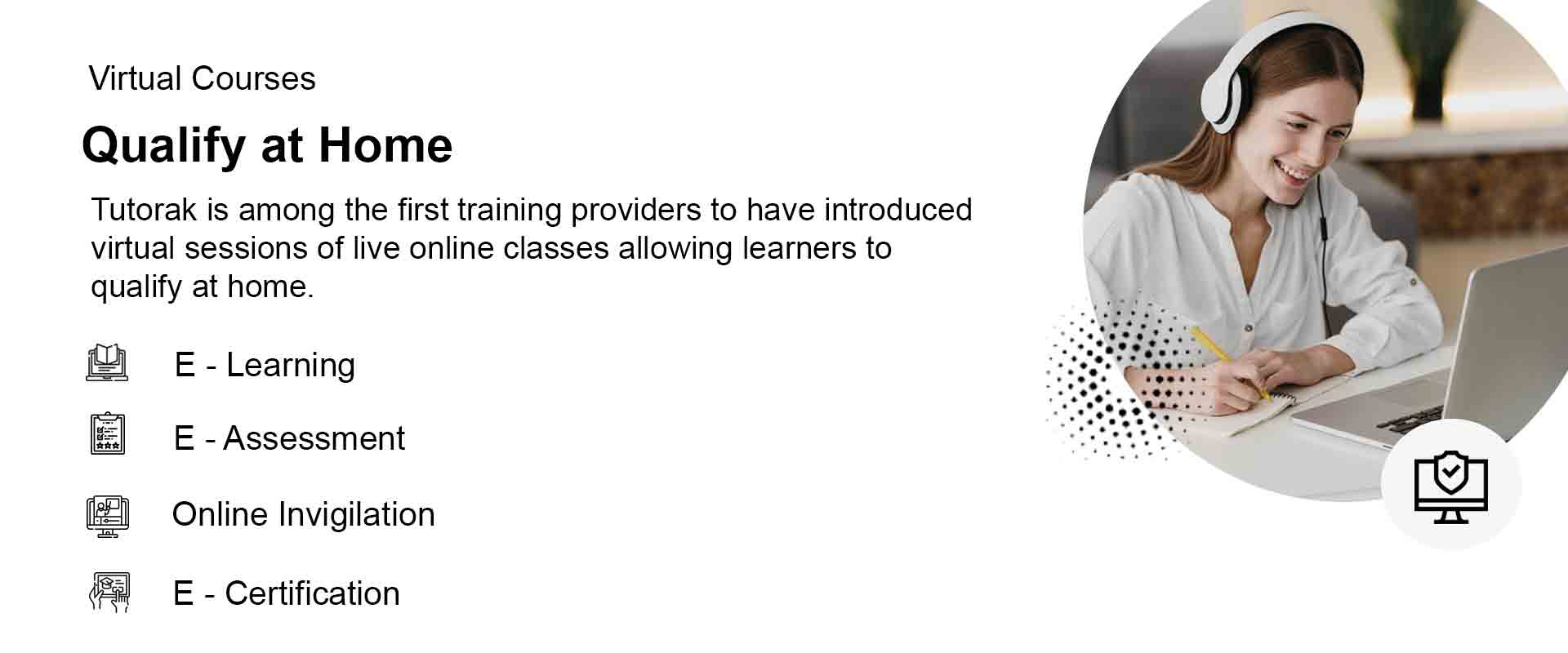December 15, 2020
Five Indicators Confirming Your Company Supports Your Professional Development
A healthy relationship between an employer and an employee is crucial for career progression. An employer is an advocate of continuing professional development (CPD) if they analyze the support employees need for career development and facilitate it with the help of various CPD learning activities. Employers can follow CPD practices and principles by facilitating continuous mutual feedback. This is one of the best ways to aid career progression.
If you connect the dots from the beginning of your career to the present day, you will realize that you’ve had a lot of professional development. You have, over the years, climbed ladders that you previously thought were improbable for you to climb. You deserve a pat on the back for your efforts; however, there have been many who have helped you reach there by facilitating CPD workshops, seminars, conferences, and courses through accredited CPD providers.
You must have a smooth and positive relationship with your employer, for it is critical for your professional development. But does your employer care about your continuing professional development?
Here are five ways you can determine your organization’s intent to support your career growth.
- Frequent connects with your manager and his/her managerYou could consider your manager as your mentor if they make efforts to bring the best out of you. The best comes when you’re continuously challenged, advised, and supported during your professional development journey. Frequent meetings with your manager and seniors help you get valuable input on how to identify areas of improvement and subsequently work upon them by getting trained by CPD providers and appearing for CPD assessments so that you get certified.
- A well-defined career path detailing the responsibilities and outcomesEfficiency is an essential ingredient for success. The rapidly evolving business environment renders previous knowledge, incomplete and obsolete. That’s where the all-important “Continuing Professional development” comes into the picture. An organization should understand CPD standards and benchmarks for their industry and facilitate CPD accredited training courses.
- Your company facilitates feedback in both directions – manager to employee and vice versaFeedback isn’t a one-way street. Employees can mutually identify strengths and weaknesses through performance reviews. If you have demonstrated a certain level of performance, you are deemed ready for the next step.
Growth starts with CPD learning activities. These activities have a standard defined by the professional body, and aspiring employees must engage in CPD training activities and then appear for CPD certification provided by CPD accredited organizations.
- Promotion of mutual-learning, mentor-mentee relationships, and professional networkingContinuing professional development is crucial to maintain professional credibility. While there is a lot of information available online in the form of CPD guides and e-learning programs, the role of mutual learning should not be underestimated.
Electronic material can only convey so much. Real-world experience enriches an individual, and this knowledge trickles down from one professional to another through formal CPD in the form of meetings & mentorship and informal CPD while employees discuss their experiences or challenges.
Learning never ceases. The dynamic and high-velocity business environment requires a structured CPD to provide a ladder for professionals to grow. If your organization understands the importance of professional development, it will provide guidance and a framework for CPD learning.
- Your company follows a ‘CPD for all’ philosophy by providing CPD plans and e-portfoliosIt is not just the responsibility of your employer to provide you a structured ladder towards development. You may discover what’s new in your field by exploration. After all, many CPD learning activities are available free of charges. While they may not be at an advanced level, your effort would let you climb some steps.





























 Contact
Contact